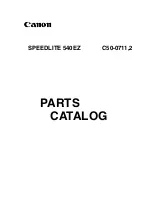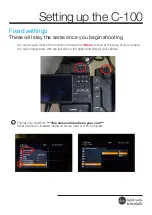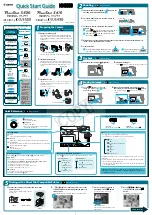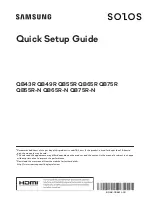
4
USB port
The Atik Apx60 can be used with either a USB 3.0 or USB 2.0 cable. Your
camera comes with USB 3.0 lead, any good quality USB 2.0 lead will work to
give you the flexibility to choose whichever suits your set up and your imaging
requirements best.
The Atik Apx60 features a 512mb DDR III image buffer to ensure fast image
transfer from sensor to memory and low amp glow. The type of USB (2 or 3)
connection determines the speed of transfer between this buffer to the PC. For
high speed, you can use USB 3.0 or for a lighter more flexible cable use USB
2.0. The type of connection does not affect image quality.
The USB 3.0 cable is
connected as shown below
and can be connected to
either a USB 3.0 or USB 2.0
port on your PC. Please note
that USB 3.0 transfer speeds
will only be reached when
connecting the cable to a
USB 3.0 port on your PC.
Cooling
The Atik Apx60 has a regulated cooling system, meaning that the CMOS sensor
can be kept at your desired temperature throughout an imaging session. This also
makes it easy to take dark frames at the same temperature as your light frames.
The cooling delta of the Atik Apx60 is -35°C. Please note that the cooling delta
is how far below the ambient temperature the camera can achieve, rather than
a fixed temperature it can cool to. This means the best temperature to image
at will depend on your environment, and we recommend using a repeatable,
stable temperature, rather than simply the maximum the camera can reach on
a given night.
After switching on the camera, it’s advisable to allow up to 5 minutes before
taking images so that the temperature can stabilise. At the end of an imaging
session, turn off the cooling and allow a few minutes before disconnecting the
camera so that it can complete its warm-up sequence.






























